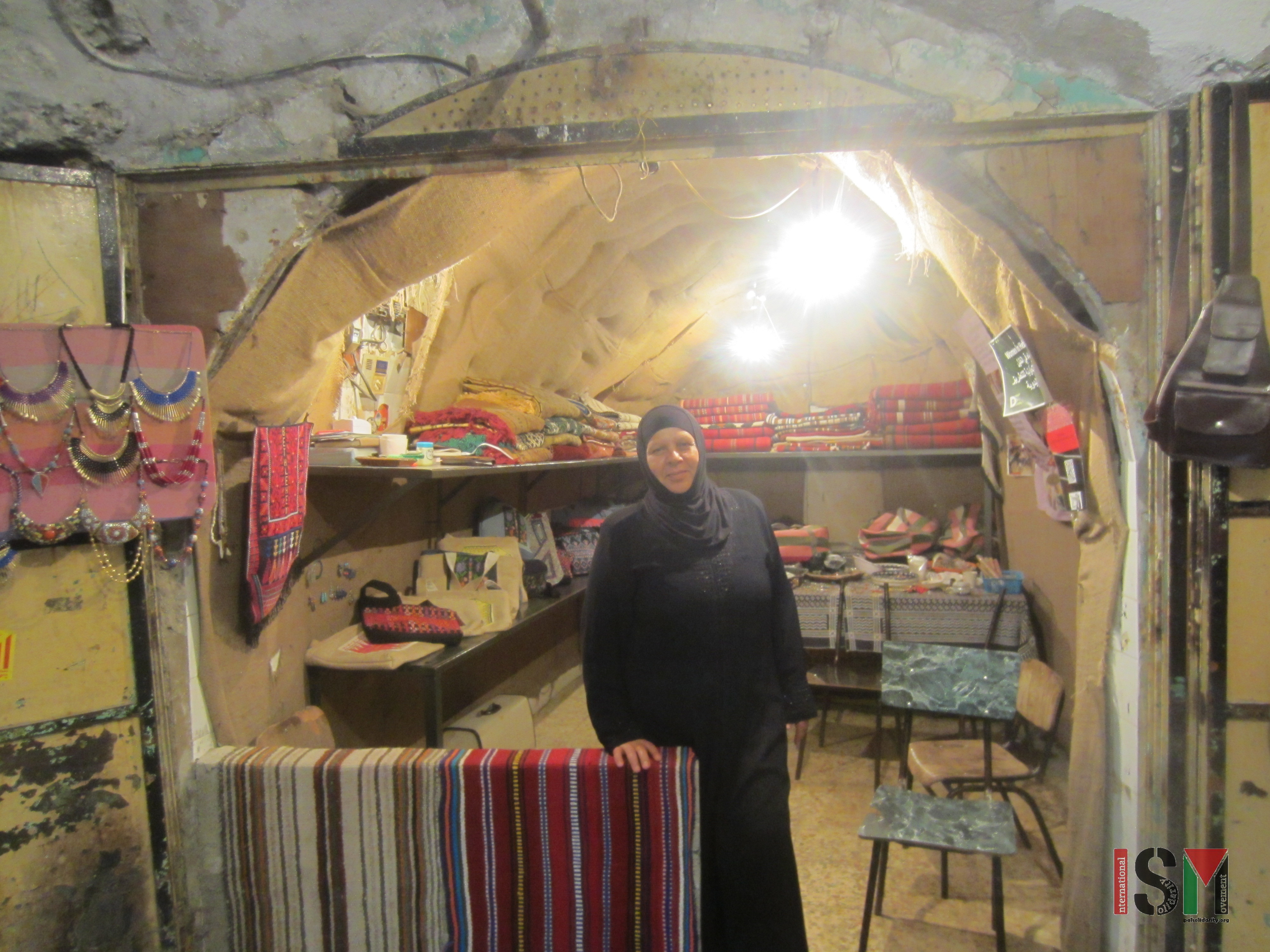Category: Hebron
-
The women in Hebron cooperative
13th September 2015 | International Solidarity Movement, Al-Khalil Team | Hebron, Occupied Palestine International Solidarity Movement human rights monitors spend the afternoon at the Women in Hebron embroidery cooperative where Palestinian women are empowering themselves and persisting with grace in a colourful and beautiful way in a community space amidst the horror of the ongoing…
-
International arrested in al-Khalil and banned from part of the city
12th September 2015 | International Solidarity Movement, Al-Khalil Team | Hebron, occupied Palestine Sunday night an international human rights observer was arrested by Israeli forces on bogus charges in al-Khalil (Hebron) in occupied Palestine. The activist was detained by Israeli soldiers when leaving a house in the Tel Rumeida neighbourhood of al-Khalil. Only a few…



